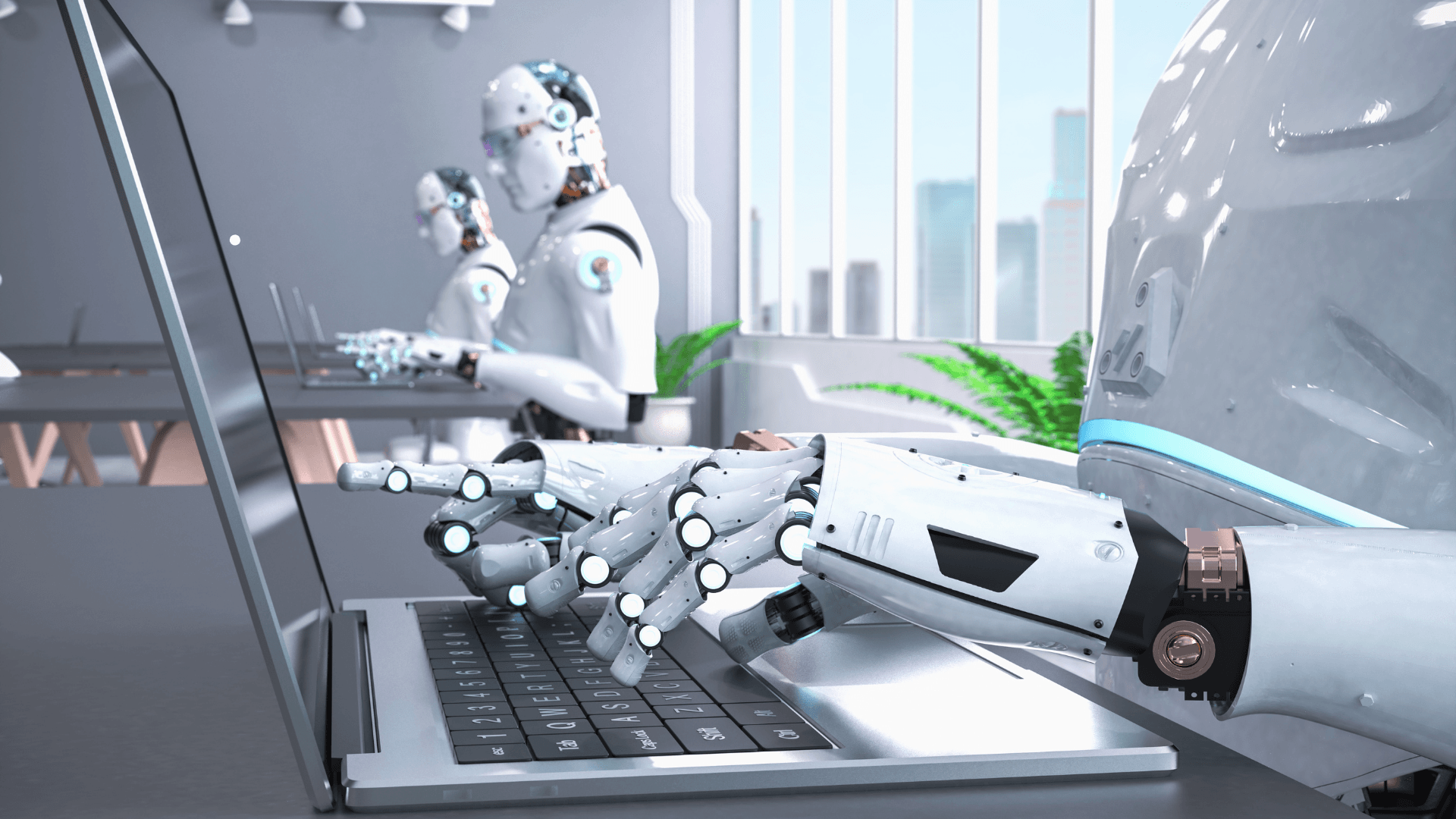business resources
How AI Will Transform Our Workplaces
31 Mar 2023, 10:01 am GMT+1
Amidst the recent banking crisis, a volatile global technology economy, and a crippling cost of living crisis, the world is experiencing an acute shortage of skilled workers. The emergence of AI tools, including ChatGPT, is set to transform the workplaces in a significant way.
In today's fast-paced business environment, companies are constantly seeking ways to innovate and grow. With the launch of ChatGPT, a chatbot powered by artificial intelligence technology,a few months ago, helped companies and organisations worldwide to leverage artificial intelligence (AI) technologies and consequently attract better investment opportunities. For instance, law firms – such as Allen & Overy - have adopted an AI tool to assist lawyers in drafting memos.
According to a survey by Deloitte, 94% of businesses and IT executives said that AI is vital for their success in the next five years. With accelerated evolution of AI, the technology is capable of generating original content, designs, and ideas by analysing large datasets, identifying patterns, and using them to create new and original content. This unique ability, called the generative AI, presents a range of opportunities for businesses, organizations, and individuals. Services like https://paperwritten.com/buy-a-dissertation.htm know AI is not as good as the human yet but still watching it carefully.
Generative AI technologies are AI algorithms that can generate new content, designs, or even ideas by analysing large amounts of data. A recent report from MIT showed generative AI raised overall workplace productivity. The study found that generative AI tools helped the least skilled and accomplished workers the most, decreasing the performance gap between employees. In other words, the weaker performers got much better; whilst the good performers simply got a little faster.
Investment opportunities with AI
In recent years, artificial intelligence (AI) technologies have emerged as a major investment opportunity for businesses and investors alike. These technologies have the potential to revolutionise a range of industries, from healthcare and finance to entertainment and advertising. According to "Big Ideas 2023" report by Ark Investment Management, AI Could Be a $14 Trillion Opportunity by 2030.
Claire Trachet, CEO & Founder of business advisory, Trachet, comments on the wave of excitement surrounding ChatGPT:
"OpenAI has impressed the technology and investment communities with its successful AI offerings and the substantial $10 billion support from Microsoft Corporation – a deal that would value the AI lab at a staggering $29 billion. As a result, an increasing number of both large and small companies are exploring and adapting this technology, with it bringing a flurry of M&A and investment into the sector as the cost-reduction prospects bring a renewed outlook for tech investors."
Employment opportunities with AI

Artificial intelligence (AI) is a rapidly growing field that is driving innovation and transformation in various industries. With the increasing adoption of AI technologies, there is a growing demand for professionals with specialised skills in this area, creating new employment opportunities in AI. Some of the popular job roles in AI include AI engineer, data scientist, machine learning engineer, AI researcher, and AI architect.
According to a report from Goldman Sachs, generative artificial intelligence could hit 300 million jobs. The research states that roughly two-thirds of current jobs could be changed by some kind of AI automation, eventually replacing up to a quarter of the current workforce. This creates a scepticism from business leaders and employees in the implementation of AI technologies, eventually affecting the rate of its mainstream adoption.
As AI technologies continue to evolve, it is imperative for individuals and organisations to upskill and reskill, and accommodate the new era of AI in workplaces. While employees would need to acquire new skills and competencies to remain relevant and competitive in the job market, organisations would invest in training and development programs to equip their employees with the necessary skills to work alongside AI.
Ready for a transformed worplace?
Artificial intelligence (AI) has already made significant strides in transforming the way we work, and its impact is only set to increase in the coming years. While AI has the potential to enhance efficiency, productivity, and innovation in the workplace, it also raises concerns about job displacement and the need for upskilling and reskilling.
Organisations need to create a culture that fosters learning to acquire new skills and competencies continually, while deploying and developing AI systems ethically.
Share this
Pallavi Singal
Editor
Pallavi Singal is the Vice President of Content at ztudium, where she leads innovative content strategies and oversees the development of high-impact editorial initiatives. With a strong background in digital media and a passion for storytelling, Pallavi plays a pivotal role in scaling the content operations for ztudium's platforms, including Businessabc, Citiesabc, and IntelligentHQ, Wisdomia.ai, MStores, and many others. Her expertise spans content creation, SEO, and digital marketing, driving engagement and growth across multiple channels. Pallavi's work is characterised by a keen insight into emerging trends in business, technologies like AI, blockchain, metaverse and others, and society, making her a trusted voice in the industry.
previous
The Future of Digital Marketing: Trends and Innovations To Watch Out For
next
Cloud Computing and Data Protection with S3: How You Can Benefit